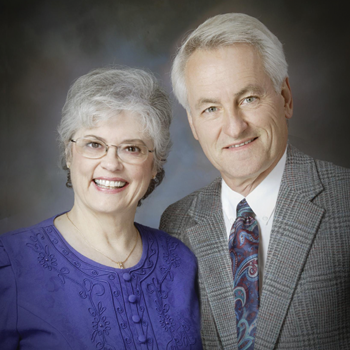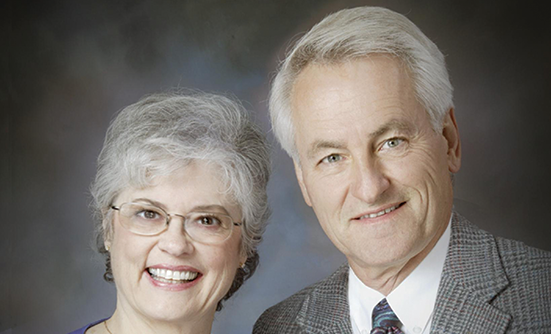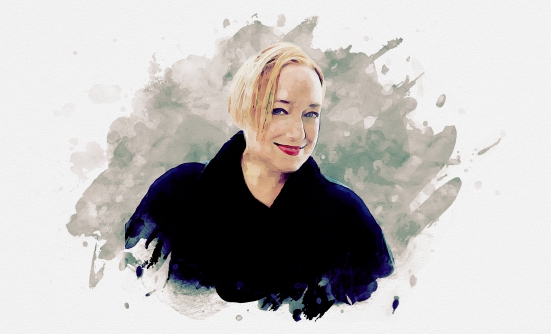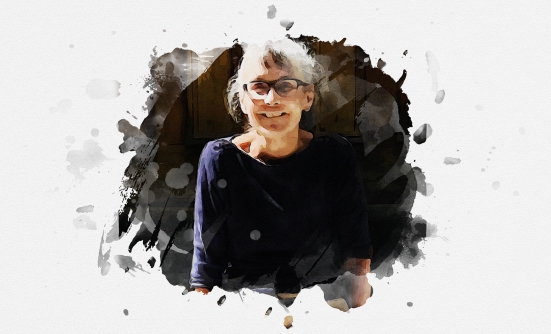We tend to take good health for granted as something we assume we will always have. This is especially true if we take good care of ourselves and keep up with preventive health checkups. A disruption of that assumption confronted my wife, Cherie Paige, MS, and me—both psychologists—when we became caught in a storm of fighting against cancer, with the assistance of family, friends, and numerous professional “stormtroopers.”

In August 2014, Cherie went to the local emergency room for the second time with chest pain, which occurred especially when she was coughing or sneezing. Nothing was found on the first visit, but on the second visit the doctor thought it might be a blood clot.
Psychologists, Too, Need Emotional Support
After our granddaughter—a medical student at the time—called and instructed us to insist on an x-ray with contrast dye, the physician informed us that Cherie did not have a blood clot but instead had a blood cancer called multiple myeloma. Cherie dressed quickly, and our daughter, Terra, joined us in looking at the x-ray. It clearly showed multiple lytic (or bone-destroying) lesions throughout Cherie’s bones—in her arms, legs, shoulders, and even in the skull.
This diagnosis, made just a few days before Cherie turned 71, completely unnerved us. As psychologists, we were both still actively involved in our mental health clinic, with 20 other mental health providers: we felt emotionally numb, yet scared. We thought the prognosis was poor, because the lesions were so advanced. Friends and family immediately came on board and helped to get us on track.
Adjusting to a New Reality
We learned that a treatment center at the University of Arkansas for Medical Sciences in Little Rock, (UAMS), specialized in multiple myeloma, and worked with patients from all over the world, with good success and life expectancies of 13 years or more after diagnosis.
The doctor we met at the UAMS Myeloma Institute was very optimistic, and even used the word “cure” in some of his comments. We chose to get treatment there and then return home to Joplin, Missouri, for follow-up visits at the Mercy Cancer Center.
Because our visits to Little Rock over the next 2 years would require us to live in motels for 3 to 4 weeks at a time, we retired from our jobs and sold our clinic. I became Cherie’s caretaker, taking her to and from our motel room to the infusion center while in Little Rock and to her weekly appointments in Joplin.
The 3- to 4-week stays in Arkansas required Cherie to be in the infusion center every day, for 2 to 12 hours each day. At one time, she was taking 27 medications, had bouts of vomiting, and was sleeping 12 to 18 hours a day.
Fortunately, our daughter and son-in-law—who live across the street from us—checked on us daily, whether we were in Little Rock or at home. They also cared for our dog and home when we were in Little Rock.
UAMS Myeloma Institute
After 2 years, a stem-cell infusion, and a stem-cell booster, Cherie’s bone marrow indicators of cancer had been reduced to .001 and tests showed no active spots. Her red blood cell, white blood cell, and platelet counts are not where the doctors want them to be, so we are intermittently adding the drugs Aranesp (darbepoetin alfa) and Neupogen (filgrastim), as needed, to prevent anemia and infections.
Weekly visits to the local oncologist and 3-day visits to the UAMS Myeloma Institute for testing every 4 to 6 months are now an ongoing part of our lives. A recent flare-up with Cherie’s clavicle fracture required some radiation therapy. In May 2017, she began monthly infusions of Darzalex (daratumumab), the first monoclonal antibody (a type of immunotherapy) approved for multiple myeloma.
We believe we are accessing the best care available at the UAMS Myeloma Institute and through the Mercy Cancer Center’s team of doctors and nurses, who are extremely supportive and encouraging. We are hopeful that we have many years left to enjoy each other, along with friends and family, thanks to the outstanding care we are receiving.
A Balancing Act
The constant balancing act of treatment to reduce the multiple myeloma and then to manage the side effects of treatment, is sometimes challenging. As psychologists, however, we both know the value of cognitive discipline, and we both have mantras that have been helpful in calming the inner storm. Mine is, “I can manage this,” and Cherie’s is, “I choose to do this for myself and my family.”
We have 2 children, 4 grandchildren, 1 great-grandson, and a great-granddaughter on the way, as well as dear friends whom we call family. We continue to enjoy the time we have with them. We no longer take good health for granted; instead, we maintain an everyday gratitude for the supportive medical care team, who makes it possible to live with, and manage, multiple myeloma.















